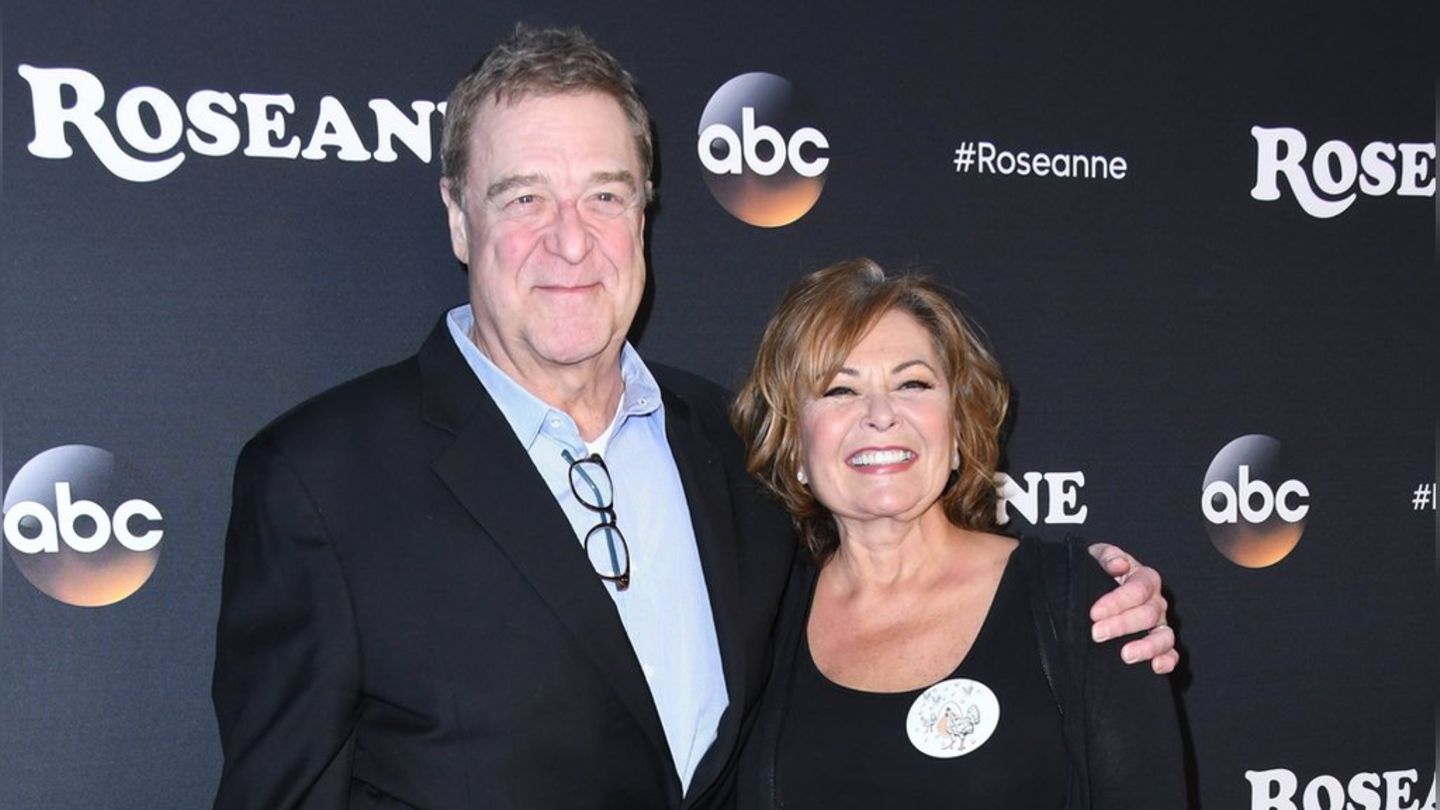In the final stretch towards defining presidential elections that will be held in October, analysts give their opinion on the future of Argentina. A growing inflation, a high fiscal deficit, reduced Bookings in the central bank (BCRA) and an increase in poverty make the outlook for the remainder of the year complex.
An inflationary increase of 12.4% registered in August, the highest level in more than three decadesturned on red lights and reactivated coverage in currencies and assets.
“We estimate that the september inflation will be found between 11.6% and 13.7%”, said Lautaro Moschet, economist at the Libertad y Progreso Foundation. “The drag of August in itself is very strong, so the floor is already based on a pessimistic scenario. To this we must add that the first week of the month showed a variation of 3.6%, which means that prices continue to evolve with significant increases,” he explained.
“Inflation of this type complicates normal life, makes credit impossible – both personal and for the industry – and that is why I advocate that the authorities quickly take necessary measures regardless of the election,” he said. José Luis Ammaturo, president of the Argentine Chamber of Small and Medium Metallurgical Industries (CAMIMA).
P21 – Supermarket (RE_opt.jpeg
Prices. The food basket showed strong variations. Today food prices are updated more and more frequently, weekly and even daily, both in supermarkets and stores.
“The inflation andIt is a huge scourge that destroys the confidence and the possibility of growth of everyone and of all economic activity, it cannot be solved with bonds or with tax changesWhat are they palliative measures“, he stated.
“Something failed. The question is whether economic policy failed, because we tried almost everything in these years, or communication also failed and we are not able to convince ourselves. If you are not convinced in economics that something is going to happen, it will not happen and then it fails“Gabriel Llorens Rocha, corporate communications specialist, said in radio statements.
“As the reality of Argentina is in the midst of the electoral process and the drought has not yet ended, in many regions of the country it produces a price movement as if we were on a slide,” said ROSGAN – Livestock Market of the Rosario Stock Exchange.
“A perfectly competitive market like that of livestock and meat is influenced byr exogenous factors that generate bullish movements and subsequent falls, although prices remain at a higher level,” he noted.
New announcements: the question about the fiscal cost
“We are witnessing a very irresponsible electoral campaign in terms of promises or announcements,” said Jorge Vasconcelos, economist at IERAL Fundación Mediterránea.
“The campaign is showing a lot of irresponsibility, a lot of short-termism and the risk of disappointment of the population when they see that the silver plan (benefits announced by the ruling party) lasts three weeks or dollarization cannot be done, or that even in a hurry it does not mean salaries in dollars,” he stated.
“The government’s measures to rebuild income released this week increase the fiscal cost of the “platita” plan above 1% of GDP, compatible with a primary deficit above 3% of GDP this year,” estimated Delphos Investment.
“The total of this entire package of measures naturally has a negative fiscal cost for the national government. We will be closely monitoring to see how the authorities will cover these new expenses between now and the end of the year given the weakness in fiscal issues and the inflation rate. Of course it is delicate,” economist Julián Folgar said in radio statements.
“With the latest measures of the Government, a primary deficit is projected around 3%, very far from the goal of 1.9% stipulated in the agreement with the IMF. Thus, the year will close with the deal virtually dropped“said Roberto Gerreto, economist at Fundcorp.
“Everything has been subject to the result of the election process in progress“, summarized VatNet Financial Research.
Source: Ambito




